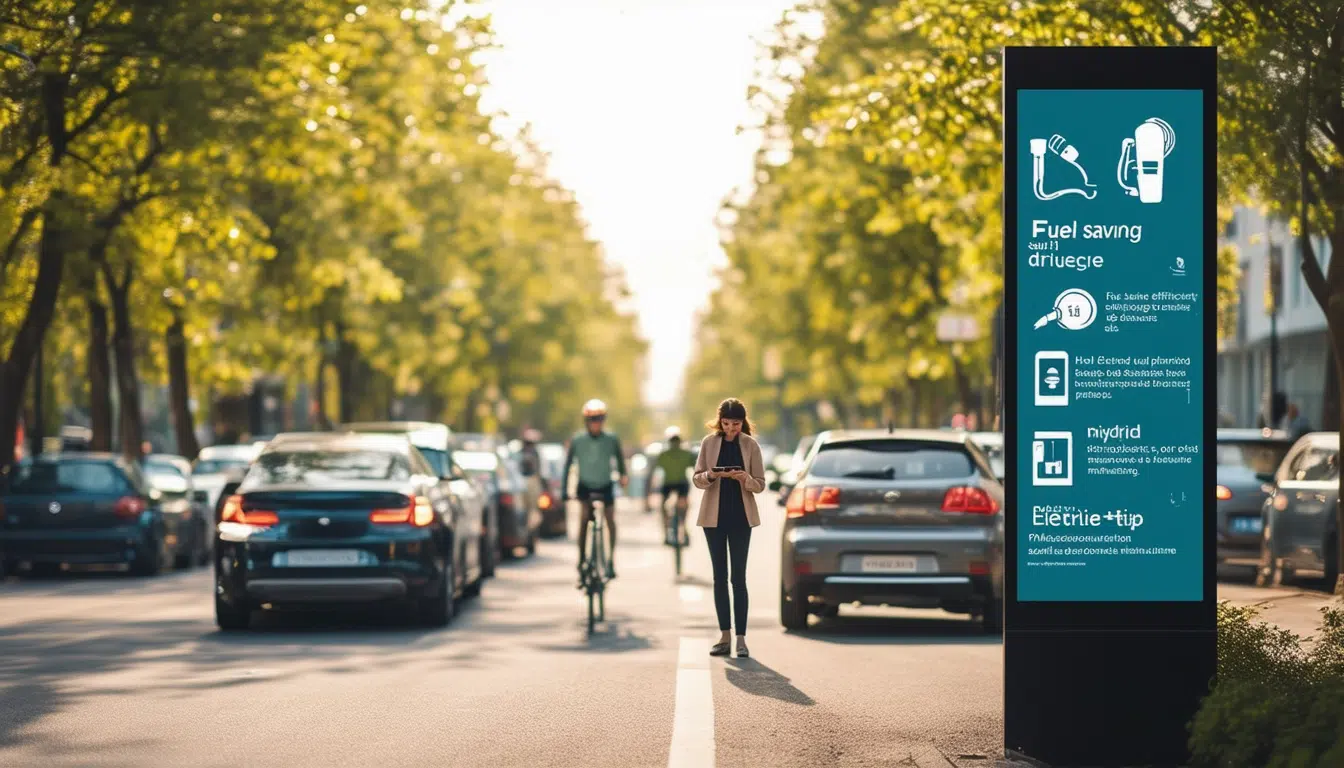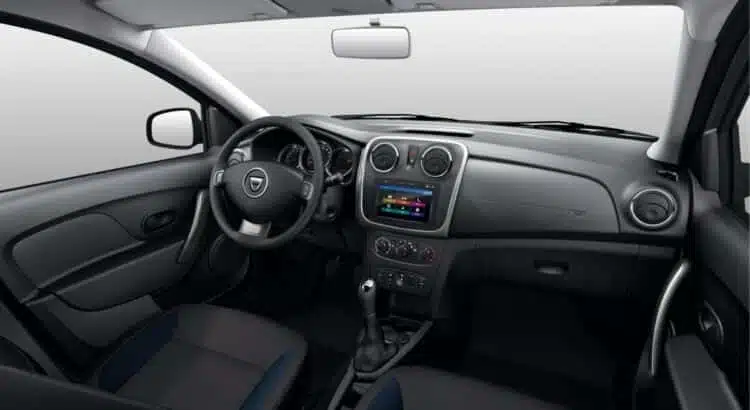Practical tips to reduce fuel expenses

Reducing fuel expenses has become a necessity for many drivers today. With the constant rise in prices, it’s essential to adopt habits that allow for optimizing consumption and, at the same time, contribute to energy efficiency. Below are practical tips that can help maximize your vehicle’s fuel performance and reduce the impact on your wallet, thus facilitating a more sustainable and economical driving experience.
Fuel consumption can represent a significant expense for drivers, and it’s vital to adopt habits that reduce these costs. Through simple and effective practices, one can optimize vehicle use and consequently save money on gasoline. This article offers practical tips that will help reduce fuel expenses without complications or major investments.
Travel Planning
One of the most effective ways to reduce fuel consumption is to properly plan your trips. Before heading out, you should outline the most efficient route to avoid unnecessary journeys. Using navigation apps that indicate real-time traffic and the best routes can be very helpful in avoiding congestion and long detours.
Vehicle Maintenance
A poorly maintained vehicle can significantly increase fuel consumption. Performing proper maintenance, such as changing the oil, checking the condition of the spark plugs, and ensuring that the cooling system is functioning correctly, is essential. Additionally, regular cleaning of the air filter and replacing filters as needed will help maximize engine efficiency.
Tire Checks
The pressure of the tires can significantly influence fuel expenses. It is advisable to check tire pressure regularly and keep it at the level recommended by the manufacturer. Under-inflated tires increase rolling resistance, leading to higher fuel consumption.
Driving Efficiently
Adopting a smoother and more efficient driving style can also translate into considerable fuel savings. Avoiding sudden accelerations and abrupt braking is key; instead, maintaining a constant speed and anticipating stops helps reduce consumption. Using engine braking instead of conventional brakes, when possible, is also a useful tip.
Minimizing Vehicle Weight
Loading the vehicle with unnecessary items increases weight and, therefore, fuel consumption. Conducting regular checks of the trunk and removing everything that is not essential will help reduce the weight of the car and optimize its performance.
Turning Off the Engine During Long Stops
If you need to stop for more than 30 seconds, it is advisable to turn off the engine instead of leaving it running. This not only saves fuel but is also a more environmentally friendly practice.
Using Air Conditioning
Air conditioning can increase fuel consumption. In suitable weather conditions, it is recommended to open the windows to cool the vehicle’s interior instead of using air conditioning, which can affect fuel efficiency.
Loading and Using Accessories
Using accessories that increase the vehicle’s aerodynamic drag, such as roof racks, can raise air resistance and thus increase fuel consumption. Whenever possible, it is advisable to remove these accessories to improve the vehicle’s efficiency.
Regular Fuel Checks
Finally, it is advisable to keep a record of fuel consumption. This will allow identifying patterns and modifying driving habits that may be causing an unjustified increase in expenses. Being aware of these details will lead to more informed decisions that contribute to more efficient consumption.
By implementing these tips, drivers will be able to significantly reduce fuel expenses through more responsible driving habits and better attention to vehicle maintenance. For more information on driving efficiency, additional resources can be consulted, such as this analysis on efficient fuel use, or the document with recommendations to extend the life of the engine.
Reducing fuel expenses is an increasingly important necessity for drivers who wish to optimize their finances and contribute to environmental care. Adopting efficient driving habits and paying attention to vehicle maintenance are two key aspects for achieving significant savings in gasoline consumption.
One of the most effective strategies is to plan trips. This involves scheduling routes in a way that avoids congestion and minimizes unnecessary journeys. Additionally, driving at moderate speeds and maintaining a smooth driving style helps reduce fuel use, as sudden accelerations and abrupt braking are detrimental to vehicle efficiency.
On the other hand, it is essential to check tire pressure regularly. Tires with improper pressure can increase rolling resistance, leading to higher fuel consumption. Likewise, getting rid of unnecessary weight in the vehicle’s trunk can significantly improve efficiency, as each additional kilogram requires more energy to move the car.
Proper engine maintenance is also fundamental. Performing periodic oil changes and keeping filters clean ensures that the engine operates optimally, which translates into more efficient fuel performance. Additionally, turning off the engine during long stops or those exceeding 30 seconds is another useful recommendation that contributes to savings.
Finally, adopting a proactive attitude towards driving and vehicle maintenance will not only help reduce fuel expenses but will also aid in decreasing the carbon footprint, promoting a more sustainable future. Therefore, every driver has the opportunity to make informed and responsible decisions to improve their efficiency behind the wheel.



